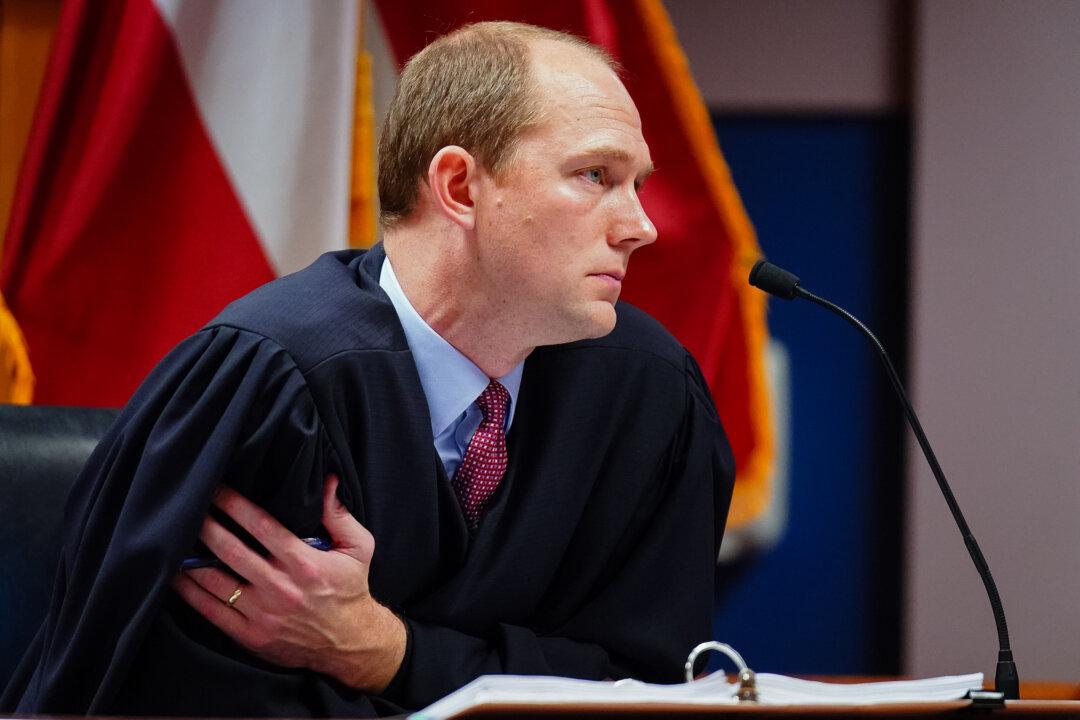Fulton County Superior Court Judge Scott McAfee ruled that defendants had not met the standard for disqualification of Fulton County District Attorney Fani Willis in the high-profile election case, but highlighted several unresolved issues in his March 15 order.
The ruling was much anticipated, as Ms. Willis has been the subject of numerous investigations since allegations of an improper relationship and financial benefit were made early this year.





